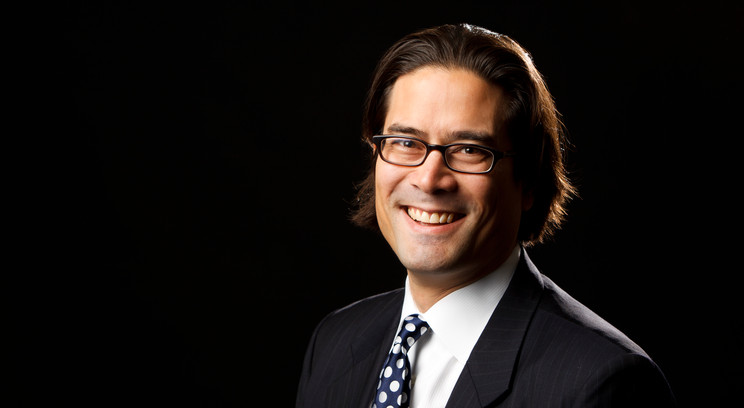'Tis the season to give back. Last year in the United States, total charitable giving of more than 2% of GDP was redistributed from wealthy corporations and the well-to-do to comparatively needy organizations and the poor whose activities do not earn them enough in the free market. Much of that giving typically occurs around the December holidays - motivated by, for example, Salvation Army bell-ringers and United Way corporate campaigns taking advantage of the holiday spirit, and by the accidental timing of tragedy: the Bam earthquake in December 2003, the Indian Ocean tsunami a year later and the Haitian earthquake that struck in January 2010. This year, in many cases, the very bankers who were blamed for the global recession will head up the lists of most magnanimous companies and individuals.
Although giving back has decreased moderately since the recession, need has grown. More Americans are living below or treacherously close to the poverty line, and over one billion people worldwide earn less than $1.25 a day. Meanwhile, the wealthiest 20% of Americans account for more than 80% of total American wealth. Many of them recognize they have more than enough for themselves and a surplus to give back; paradoxically, relatively fewer support a tax structure that would rein in the widening wealth gap. A similar surface paradox subsists in foreign aid: While the United States ranks at the top of the list in the amount of official development assistance provided to poorer nations, it is near the bottom when that total is expressed as a percentage of gross national income.
These facts have contributed to the sense among activists and revolutionaries that the wealthy are so good at giving back because they have been even better at taking away. The very phrase, "giving back" implies a degree of culpability for having taken away, in contrast to simply "giving," which one can do selflessly, without transactional motivation. Machiavelli's infamous advice to the prince was to commit all of his wrongs at once, to get them out of the way so he could secure power, and then get on with the business of being a benevolent leader. Thus have some of the greatest industrialists in human history become also some of the greatest philanthropists, redolent of the history’s colonialists who might have rationalized their taking away with the claim that they were giving back civilization.
None of this is to discourage or embarrass those who give back, which is a far better thing to do than to do nothing at all to remedy the excessive inequality between neighbors and countries. Today’s greatest philanthropists, from Gates to Buffett to Zuckerberg, include some of our most admired business leaders. However, these capitalist innovators have arguably given even more to general well-being through their revolutionary business activities than they might ever give through their philanthropic activities. It is also worth recognizing that this culture of giving back only partially remedies market imperfections and luck that allocate excessive rewards to be given back by a relatively small class of superstar executives and entertainers and superpower corporations and countries. Perhaps the greatest gift that the fortunate few and tomorrow’s entrepreneurs can offer to improve our shared future is social enterprise that – by inventing and promulgating products and services that make the world better – generates a surplus of well-being rather than a surplus that has subsequently to be given back.
Christopher Michaelson, Ph.D. (cmmichaelson@stthomas.edu), is assistant professor of Ethics and Business Law at the University of St. Thomas, Opus College of Business, and a business advisor. He is the author of numerous articles on meaningful work and business ethics.







